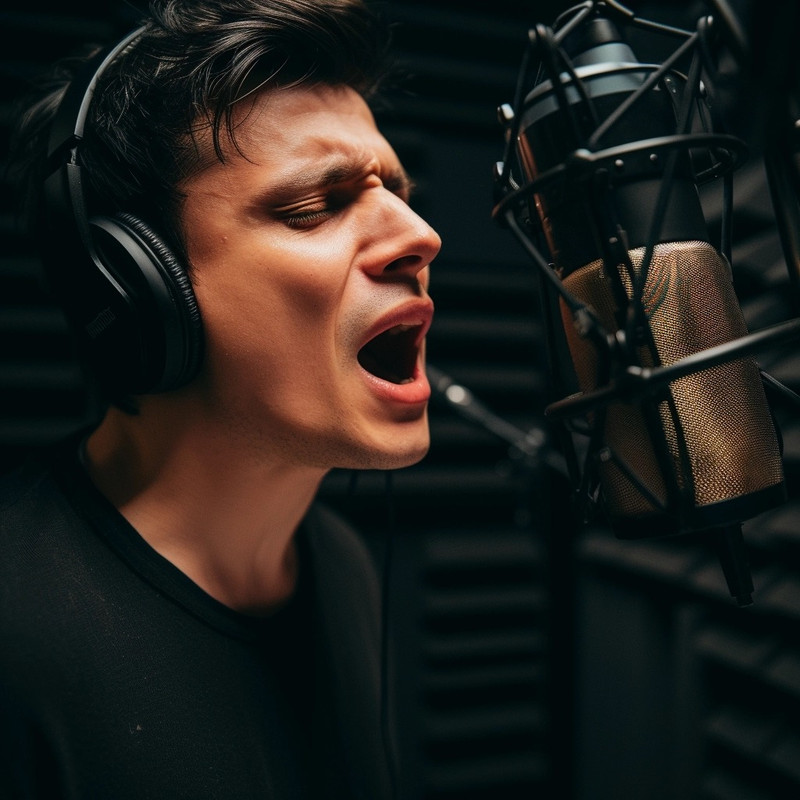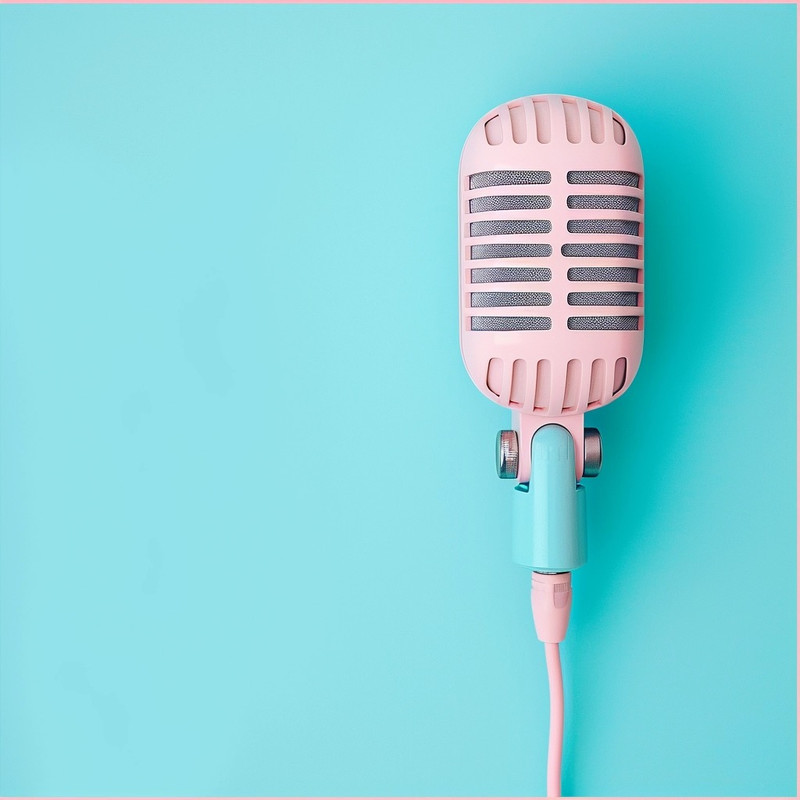

Unlike their cardioid counterparts, they do not discriminate between sounds based on directionality. Additionally, some microphones feature low-cut filters which roll off lower frequencies to diminish rumble from HVAC systems or outdoor traffic. Diffusers scatter sound waves, preventing focused reflections while maintaining a room's lively ambience.
The C636 condenser microphone is more complex in nature than its dynamic counterparts. Clarity in audio capture is paramount and hinges on selecting a mic that complements your specific needs.
This mic can be used in conjunction with the SM57 to create a classic 2-mic setup. Acoustic instruments such as guitars and pianos require a specific type of microphone.
The D112's increased midrange presence makes it a great match for external kickdrum condensers such as the FET-style mics 47. To find out which microphone to buy, check out the best studio microphones on SoundShockAudio.. Ascending further into premium territory unveils gems like the Neumann U87 Ai—a name that echoes through recording studios worldwide.
These microphones have been used by engineers to record the biggest artists in the world, from The Beatles to Nirvana and Adele. This guide to the 10 best vocal mics will help you create the best tracks for 2024. IK Multimedia is a master at finding innovative and new ways to increase the capabilities and tricks that their products can offer.
But it also makes sense artistically. Experimenting with microphone positioning can unveil new dimensions in sound—capturing the subtle breaths between vocal phrases or emphasizing the crisp attack of a snare drum.
Home studios often operate within the confines of limited space and budget constraints, leading to diverse challenges, particularly in achieving pristine audio quality. Each microphone on this list excels at its role, whether it is faithfully capturing a vintage acoustic guitarist's distinctive tonal characteristics, or nailing a smooth, velvety broadcast track. mixer
Vintage mics from the 90s are modern classics. We expected great things.
Next is the pop filter, an unassuming yet formidable shield that banishes plosive breath sounds which can rupture through a recording like unwelcome intruders. The answer hinges on myriad factors: the source material, ambient environment, desired tonal coloration, among others. Whether you're an aspiring vocalist, a meticulous instrumentalist, a charismatic podcaster, or a dynamic streamer, there lies an ideal mic that can truly elevate your recordings to professional heights.
It's not that it cannot be used for other purposes. In summary, while top-notch microphones are crucial for flawless recordings, it's paramount not to overlook the importance of a high-quality audio interface.
The e-609 is different because it's a "less-is-more" kind of mic. Whether cocooned within a home setup or nestled inside a temple of sound engineering, choosing the right microphone is about finding harmony between your artistic vision and technical reality—a dance between aspiration and practicality that can yield sonic gold when performed with insight and care.- Isolation and acoustic treatment's role in mic performanceIn the quest for audio perfection, the choice of a studio microphone is paramount, but its performance hinges on an often-overlooked duo: isolation and acoustic treatment.
However, this also means they're more susceptible to picking up unwanted background sounds. This means that it is less finicky about the preamp requirements than other ribbon microphones.


The microphone that brings out the rich undertones in a classical cello may add an unwanted boominess to a rock bass guitar. You'll also need a microphone that can record the performance. The PGA181 – Here’s a great insider tip.
You'll also find some helpful buying advice at bottom of page. How will you connect your microphone with your recording equipment?
In conclusion, if achieving professional heights in recording quality is your aim, investing in a top-tier condenser microphone is imperative. Durability cannot be overlooked either; high-caliber microphones endure rigorous use while maintaining sonic integrity over time.
It's an excellent mic. You'll want to make your vocals stand out, so you need to choose the best microphone for your voice.
Close miked mics can sound muddy, but others are able to combine warmth and clarity. A high-quality preamp can add warmth and clarity, ensuring that even subtle nuances are captured precisely. Its built-in pop filter and shock mount contribute greatly to reducing unwanted noise, thus ensuring pristine takes even in less-than-ideal acoustic environments.
In podcasting, where the voice is often the sole vehicle for storytelling and engagement, clarity and warmth are essential. They integrate effortlessly with computers, negating the need for external audio interfaces or complicated setups.

Microphone selection remains subjective; it must align with both artist preferences and specific sonic goals. Shure has produced a guide on the best microphones to use for home recordings. They can be attached to equipment such as amps or sound mixers.
The mic was able to capture a wide range of sounds with natural results. However, when elevating one's recordings, an emphasis on tailored responsiveness rather than sheer breadth often yields superior clarity.
Tube microphones can be noisy.
You'll sound like you, but better. The Aria is a great vocal mic. The iRig Stream Mic Pro, like all other IK gear, is designed to be portable and fully compatible with your smartphones and tablets.
Shure is the brand you can trust for critical listening or moments of high stakes on stage, studio and in the meeting room. Moreover, these esteemed devices often come with invaluable support from manufacturers who stand behind their products—a critical consideration when navigating the intricate world of audio production where technical guidance can be indispensable.
They are a great choice for any recording scenario, including guitar cabinets, because of their durability, reliability and practical frequency response. Firstly, choose a quiet location to set up your studio.
However, they may not be suitable for a close-micing a 4x12 guitar amplifier cabinet. It also comes with a shock mount designed to eliminate electronic noise. cardioid mics
Frank Sinatra often used the Neumann U47 microphone for his live performances. This microphone was highly regarded for its warm sound and ability to capture the nuances of his voice, making it a favorite for Sinatra and many other vocalists of his era.
Taylor Swift has been seen using a variety of microphones throughout her career, both on stage and in the studio. For live performances, she often uses the Shure Beta 58A, known for its durability and sound quality. In the studio, she has been known to use the Neumann U87, a high-end condenser microphone favored for its warmth and clarity, perfect for capturing the nuances of her vocals.
Snoop Dogg has been seen using various microphones throughout his career, but he is often associated with the Neumann U87, a classic studio microphone known for its warm sound and versatility. This microphone is a favorite among many artists and producers for its reliability and high-quality audio capture.
Billie Eilish, along with her brother and producer Finneas, primarily uses the Audio-Technica AT2020 cardioid condenser microphone for recording her vocals. This affordable yet high-quality mic is known for its versatility and clear sound, making it a popular choice for home studios.